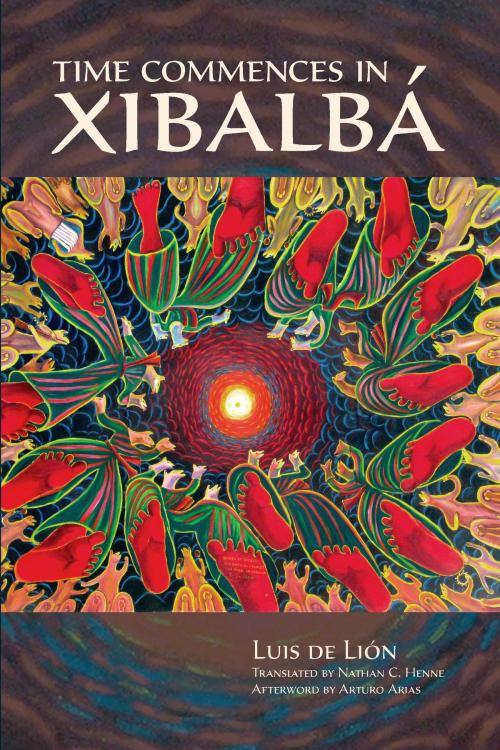| Author: | Luis de Lión, Arturo Arias | ISBN: | 9780816599462 |
| Publisher: | University of Arizona Press | Publication: | November 1, 2012 |
| Imprint: | University of Arizona Press | Language: | English |
| Author: | Luis de Lión, Arturo Arias |
| ISBN: | 9780816599462 |
| Publisher: | University of Arizona Press |
| Publication: | November 1, 2012 |
| Imprint: | University of Arizona Press |
| Language: | English |
Time Commences in Xibalbá tells the story of a violent village crisis in Guatemala sparked by the return of a prodigal son, Pascual. He had been raised tough by a poor, single mother in the village before going off with the military. When Pascual comes back, he is changed—both scarred and “enlightened” by his experiences. To his eyes, the village has remained frozen in time. After experiencing alternative cultures in the wider world, he finds that he is both comforted and disgusted by the village’s lingering “indigenous” characteristics.
De Lión manages to tell this volatile story by blending several modes, moods, and voices so that the novel never falls into the expected narrative line. It wrenches the reader’s sense of time and identity by refusing the conventions of voice and character to depict a new, multi-layered periphery. This novel demands that we leave preconceptions about indigenous culture at the front cover and be ready to come out the other side not only with a completely different understanding of indigeneity in Latin America, but also with a much wider understanding of how supposedly peripheral peoples actually impact the modern world.
The first translation into English of this thought-provoking novel includes a conluding essay by the translator suggesting that a helpful approach for the reader might be to see the work as enacting the never-quite-there poetics of translation underlying Guatemala’s indigenous heart. An afterword by Arturo Arias, the leading thinker on Indigenous modernities in Guatemala, offers important approaches to interpreting this challenging novel by showing how Guatemala’s colonial legacy cannot escape its racial overtones and sexual undertones as the nation-state struggles to find a suitable place in the modern world.
Time Commences in Xibalbá tells the story of a violent village crisis in Guatemala sparked by the return of a prodigal son, Pascual. He had been raised tough by a poor, single mother in the village before going off with the military. When Pascual comes back, he is changed—both scarred and “enlightened” by his experiences. To his eyes, the village has remained frozen in time. After experiencing alternative cultures in the wider world, he finds that he is both comforted and disgusted by the village’s lingering “indigenous” characteristics.
De Lión manages to tell this volatile story by blending several modes, moods, and voices so that the novel never falls into the expected narrative line. It wrenches the reader’s sense of time and identity by refusing the conventions of voice and character to depict a new, multi-layered periphery. This novel demands that we leave preconceptions about indigenous culture at the front cover and be ready to come out the other side not only with a completely different understanding of indigeneity in Latin America, but also with a much wider understanding of how supposedly peripheral peoples actually impact the modern world.
The first translation into English of this thought-provoking novel includes a conluding essay by the translator suggesting that a helpful approach for the reader might be to see the work as enacting the never-quite-there poetics of translation underlying Guatemala’s indigenous heart. An afterword by Arturo Arias, the leading thinker on Indigenous modernities in Guatemala, offers important approaches to interpreting this challenging novel by showing how Guatemala’s colonial legacy cannot escape its racial overtones and sexual undertones as the nation-state struggles to find a suitable place in the modern world.















